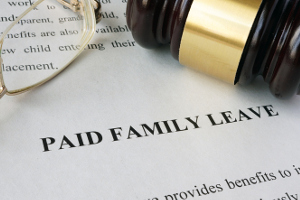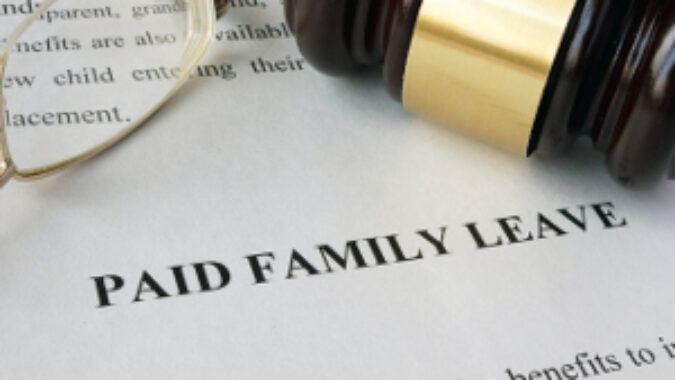 More small businesses would have to comply with a revised New Jersey paid family leave law under legislation that also doubles the length of leave employees can take and provides more generous benefits. The bill, S-2528, was released by the Senate Budget and Appropriations Committee today.
More small businesses would have to comply with a revised New Jersey paid family leave law under legislation that also doubles the length of leave employees can take and provides more generous benefits. The bill, S-2528, was released by the Senate Budget and Appropriations Committee today.
NJBIA opposes the measure because of the burden it will put on employers.
“Small businesses are already scrambling to comply with a new paid sick leave law and new reporting requirements under a new pay equity law,” NJBIA Vice President of Government Affairs Mike Wallace told the committee. “In light of these and other cumulative costs on small and medium-size businesses through current legislative efforts and in the proposed budget, we strongly urge our policymakers to take a pause and assess the impact this legislation and other policy initiatives will have on New Jersey’s business climate.”
Specifically, the bill would impose paid family leave on businesses with 30 or more employees instead of the current 50 or more; lengthen the leave time from six weeks to 12; and increase benefits for paid family leave, temporary disability insurance and domestic violence leave under the NJ SAFE Act.
New Jersey is already one of only four states that have implemented a paid family leave law, and the benefits were already very generous. Expanding the length of paid family leave will force small businesses to pay more overtime to workers or hire replacement employees for longer periods of time. With the legislation lowering the exemption threshold from 50 to 30 employees, more small businesses will be adversely impacted.
NJBIA remains opposed to the bill. However, the association has requested several amendments that could ease the impact on small businesses from what was originally in the bill. The committee adopted several of them before releasing the bill.
The amendments are:
- limit intermittent leave—those taking their time in random days instead of consecutive weeks—to 52 days instead of 82 days;
- reduce the benefit increase from 90 percent to 85 percent of the worker’s weekly wage;
- reduce the increased cap on benefits from 100 percent of the statewide average weekly wage to 70 percent; and
- remove a requirement that employers hold an employee election if they want to move from the state to a private plan.

